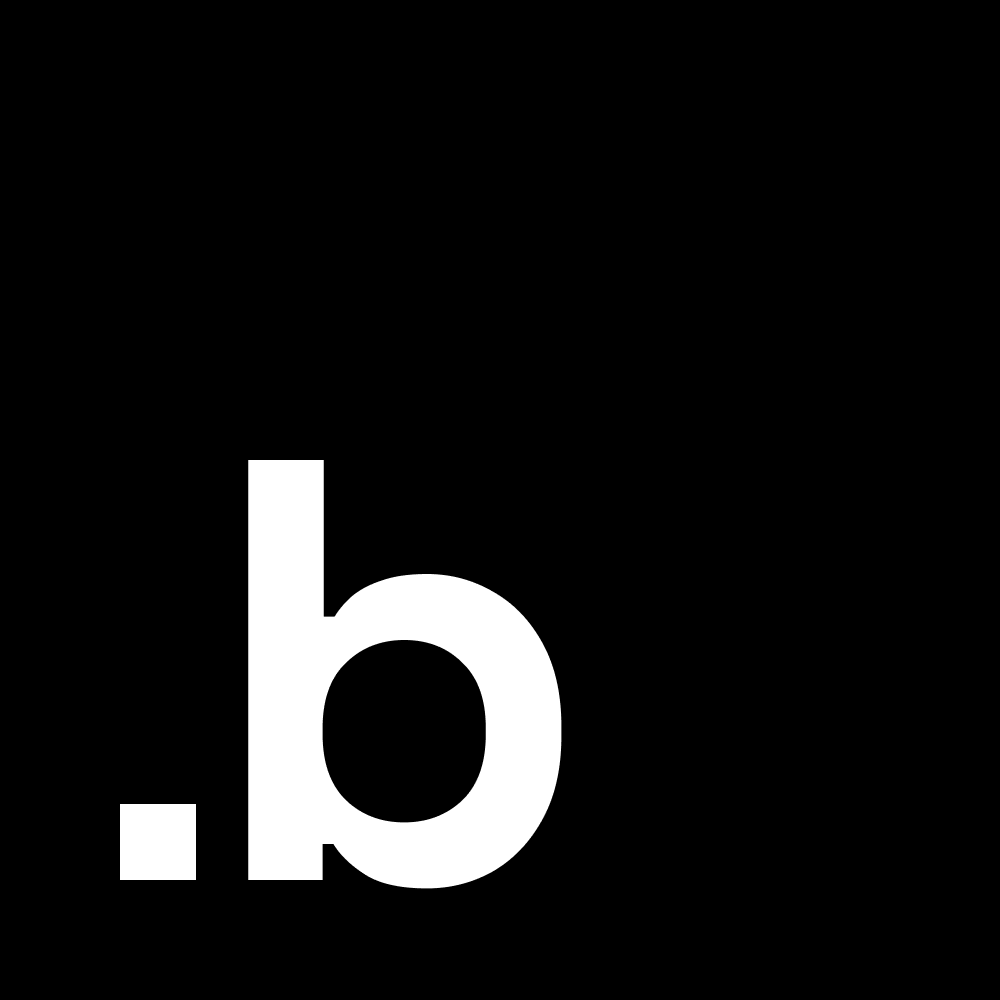Learning Project - UX Design - Case Study
Ed.UX
Elevating the UX learning experience with expert guidance
Ed.UX is an expert web app designed for UX learners. It provides a simple and intuitive way for users to quickly connect with seasoned UX professionals. A wealth of UX-themed resources can also be accessed for free.
Learning Project Objective
Enable anyone, anywhere, to instantly chat with an expert in virtually any field.
Functional requirements
Onboarding flow
Sign up / Sign in flow
Home screen or dashboard
Menu / Navigation
Feature to browse experts
A way of communicating with an expert
Payment option
My role
User Researcher, UX Designer
Tools
Pen & Paper, Maze, Zoom, Figjam, Optimal Workshop, Figma, Google Workspace
Timeline
April - July 2023
Process
Design Thinking Framework
Context
In the rapidly evolving landscape of technology and digital design, the demand for proficient UX designers has surged, intensifying the competition within the job market.
Why Ed.UX?
Aspiring designers face challenges in gaining practical, hands-on experience and the opportunity to learn from established professionals in the field. They also often wade through overwhelming, unstructured, sometimes conflicting resources. This can lead to a steep learning curve, causing frustration and hindering progress.
How can we help?
The need for a comprehensive, intuitive, and interactive learning platform for UX Design becomes apparent within this context. This is the rationale behind the design of Ed.UX, an application that aims to fill this gap and empower aspiring UX designers on their journey towards a new career.
Understand
The research phase spanning over three weeks
Competitor and SWOT analysis
Survey with 13 participants
4 in-depth interviews with potential users
Competitive Analysis
ADPList direct competitor
mentorship in design
intro indirect competitor
mentorship in all fields
Key Findings
> Limited availability, since mentors offer their time voluntarily
> Lack of structured learning resources to provide additional support for mentees
> Inexistent price-competitive pallet of mentors to address the more cost-conscious users
User Research
Learn who the potential users are and their behaviors and habits around learning UX design
Goals
Identify needs and pain points UX learners experience when engaging in learning activities
Discover insights about participants’ experiences with other learning and mentorship platforms
Key Findings
Mentorship available only with a schedule, most often with a long time waiting for the appointment
The variety of templates for hands-on learning is overwhelming
No immediate access to seasoned UX designers to help with portfolio or resume reviews when needed
Too many and too various resources from infinite sources off the internet
Urgent need for access to affordable mentorship to get support in their learning journey
Define
Articulating the problem clearly based on insights
Proto-persona
User stories
Task analysis & User flows
Information architecture
Who is our user?
The support-seeking learner
The hands-on visual learner
Primary persona Jackie’s stories
As a self-learner, I want to find a suitable mentor who can give me feedback on my project so that I can include it in my portfolio.
As a UX beginner, I want to book video calls with a mentor so that I can get help and guidance on my progress on projects in real time.
Task analysis & User flows
1st Goal:
> Register as a user and find a mentor for portfolio reviews
Launch Ex.UX in the browser
Create a user account
Select expert section
Filter experts by categories
Browse the search results
Read through experts’ profiles
Bookmark a suitable expert
2nd Goal:
> Book a mentorship session with an expert UX professional
Select bookmarked mentors
Select preferred mentor
Tap book appointment
Select date and time
Answer questionnaire about session
Book session
Read booking confirmation
Building the sitemap
Key features
1. Booking mentorship sessions with experts
2. Accessing structured learning material
3. Bookmarking or down- loading templates
Sitemap - 1st proposalSitemap - after Card Sorting Ideate
Paper wireframes
Mid-fidelity wireframes
Starting from the user flows
Prototype & Test
Low-fidelity prototyping
Usability testing
Iteration based on feedback
High-fidelity prototype
Design collaboration
Preference testing
Iteration
Usability Testing
What do the users say?
Testing with 6 participants
Note-taking
Affinity mapping & the big sort
Rainbow spreadsheet
1st Iteration
Issue 1 - severity high
Users had trouble to find/identify the filter function for the experts.
Issue 2 - severity high
Users expected to see a success screen after the expert booking process.
Preference testing - Onboarding
This or that?
8 out of 10 participants preferred the onboarding using coach marks
From paper to high-fidelity wireframes




























